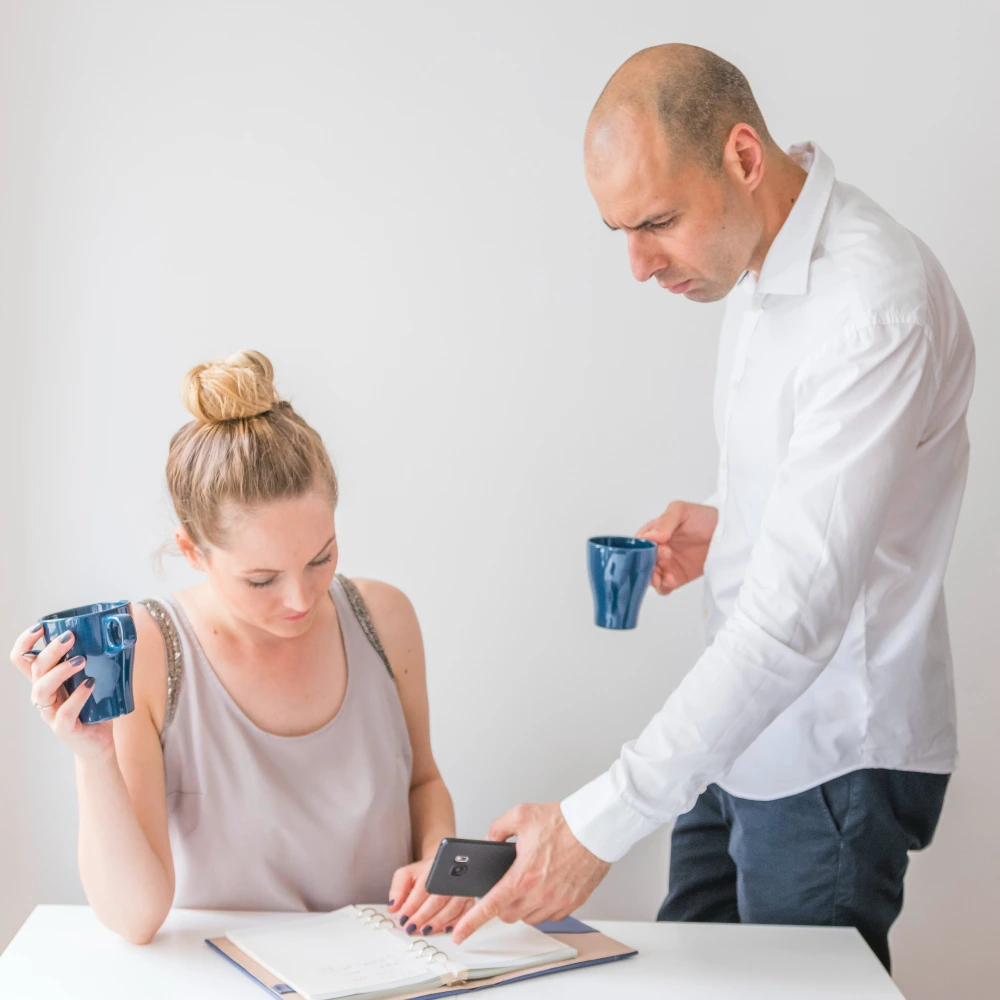Clean Break Orders
When a marriage or civil partnership ends, many people wish to draw a clear financial line and move on with their lives. A Clean Break Order allows you to do exactly that. It’s a legally binding court order that ends all financial obligations between you and your former spouse—ensuring that neither of you can make financial claims against the other in the future.
Even if there are no significant assets to divide now, without a clean break order, your ex-spouse could return years later—potentially after you’ve acquired new wealth—to make a claim. That’s why a clean break order is so important for achieving true finality.
This type of order can be applied for through the court with mutual consent or made as part of a contested financial remedy process. It offers peace of mind and a clean slate, allowing both parties to move forward financially independent of one another.

Frequently Asked Questions
Finalising a divorce should also mean securing your financial independence. AAGA Solicitors helps you prepare and obtain clean break orders that provide certainty, closure, and peace of mind—so you can start your next chapter without looking over your shoulder.

